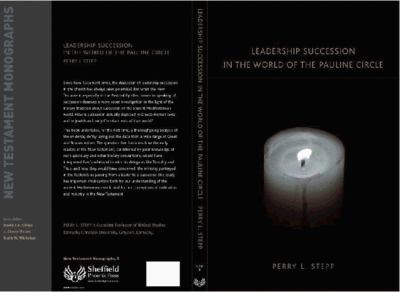David Crowder concert
Conversations would go something like this: "God is good."
"What do you mean, 'God is good'? My best friend's parents just died in a plane crash. How is that a sign that God is good?" (When I was in the eighth grade, my best friend's parents DID die in a plane crash, btw.)
"Well, God is good. He never gives us more than we can handle." Etc., etc.
The problem that I had wasn't so much with the idea that God is good. He IS good--I've always been convinced of that. What infuriated me was the simple, shallow definition of good that people always attached to the idea of "God being good." They meant something like, "God is good in the same way that Mr. Rogers is good." And that--frankly--pissed me off.
Fast forward to 1989 or so, when I first hear Rich Mullins singing about "the reckless, raging fury that they call the love of God." Man, just typing that line gives me goosebumps!
Or to the many times I've reread Lion, Witch, & Wardrobe and positively CHEERED when Mr. Beaver, voice dripping with incredulity, asks Susan: "A tame lion? A TAME LION? Of COURSE he's not tame! But he's good."
That's the kind of God I wanted to believe in. That's the kind of God I saw in the cross, in the stories of Elijah and Elisha and Abraham and Jacob and Joseph. A God who allowed terrible, awful things to happen, and then wove them into the fabric of his plan and purpose.
Anyway: last night, the David Crowder Band played a 75-minute concert here at Kentucky Christian University. Every summer, we have a series of Sr. High youth conferences known as "Summer in the Son," where Christian kids, almost all of them from Christian Churches/Churches of Christ, get together on a college campus, stay up way too late, etc.
Anyway, DCB played a concert for us last night. And it was awesome. I danced a little--which probably frightened some people, I look like Tony Soprano with glasses. I sang along with most of the songs. I closed my eyes and just let the thing wash over me. It was beautiful and loud and electric.
Top ten reasons to like David Crowder:
- He looks like the love child of Abraham Lincoln and Blood on the Tracks-era Bob Dylan.
- He rocks.
- He's a Texan.
- He's from WACO, TEXAS, home of the NCAA Women's Basketball champion Baylor Lady Bears. (I got my Ph.D. in Biblical Studies from Baylor.)
- He regularly eats at the greatest cafe in Texas, George's. What will heaven be like? Heaven will be like a great meal at George's, an ice-cold Shiner Bock, Chips and Salsa, and a Southside Grilled Chicken sandwich with extra guacamole and pico.
- He rocks.
- He plays an incredibly cool guitar that Tom Anderson custom-designed for him, the "Crowdster." It's a solidbody acoustic, and they run about $3,000 or I'd have one. (I'll never part with my Paul Reed Smith, but I'd REALLY like a Crowdster.)
- His wife is really nice and really quite normal. She sold us a CD at his table before the concert.
- He wrote my favorite praise song, "All This for a King." And, of course . . . (drumroll),
- He rocks.

